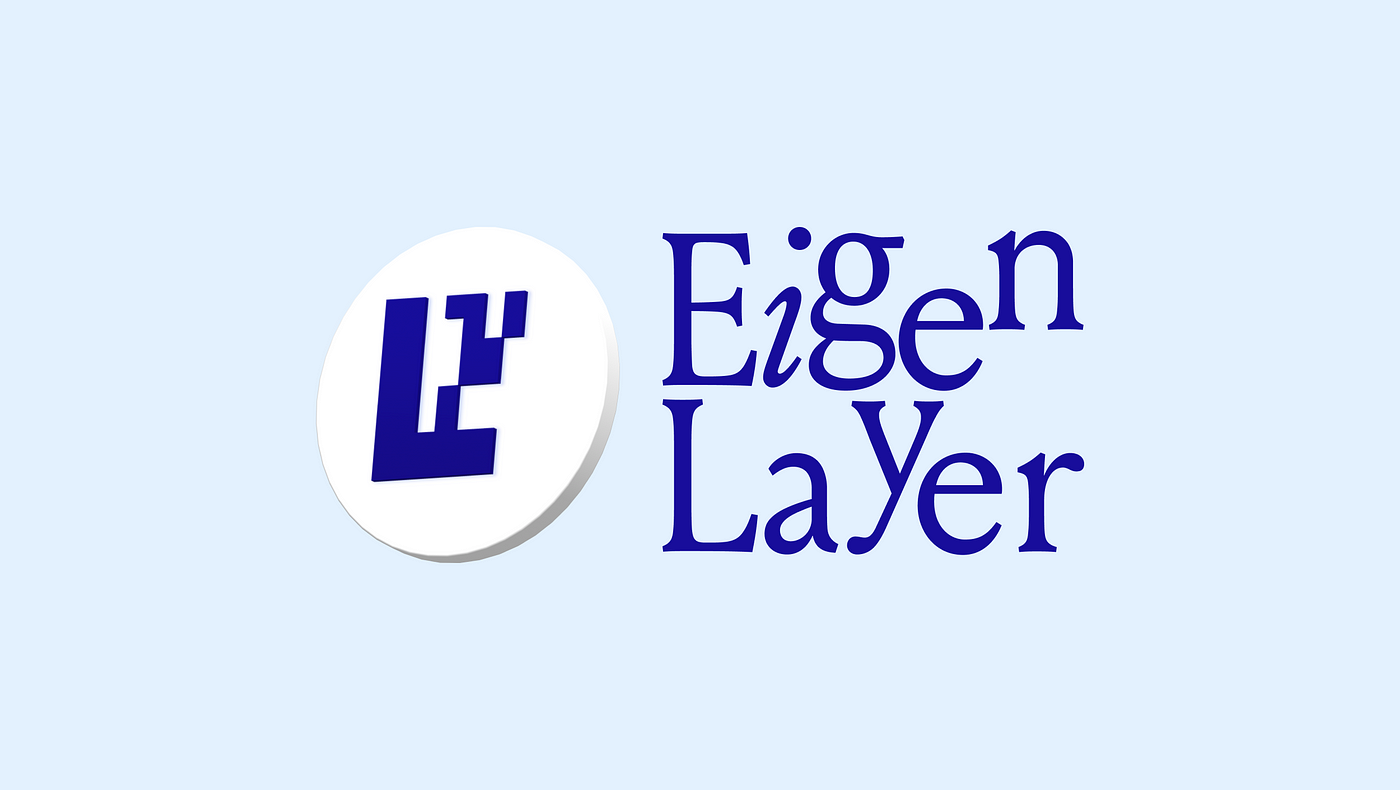On May 19, in a detailed post on X, Justin Drake, a researcher at the Ethereum Foundation, revealed his new advisory role with the EigenFoundation. This position offers him a substantial incentive in EIGEN tokens, vesting over three years and valued in the millions—surpassing the total worth of his other assets. This disclosure came amidst growing scrutiny over potential conflicts of interest within the blockchain community.
Details of the Advisory Role
EigenLayer, the organization behind the advisory role, has recently initiated part of its protocol on Ethereum’s mainnet. This protocol enables users to stake liquid staked Ether (ETH) tokens. These tokens represent ETH staked in another protocol like Lido, allowing for what is essentially a double-staking of ETH.
Drake explained that his involvement is specifically tailored to assessing the risks associated with this restaking process. Despite the lucrative nature of the role, he emphasized his commitment to maintaining a critical perspective on EigenLayer’s operations. He expressed a proactive desire to understand and guide the protocol on issues related to restaking, reflecting on past experiences where he felt his engagement had come too late.
Industry Reactions
The revelation sparked mixed reactions across the cryptocurrency community:
- Criticism: Some voices on social media criticized the move, suggesting it could lead to conflicted incentives that might compromise the Ethereum Foundation’s integrity.
- Support: Others commended Drake for his transparency. Notable figures like Hudson Jameson from Polygon, David Wong of zkSecurity, and Robbie Nakarmi from Standard Chartered Ventures crypto investments voiced their support, appreciating the openness in his announcement.
Public Inquiry and Response
The topic gained additional attention when Jordan Fish, a crypto trader and co-host of UpOnly, directly asked Ethereum co-founder Vitalik Buterin about his view on Ethereum Foundation staff accepting significant financial offers from projects potentially at odds with Ethereum’s ethos, using EigenLayer as a hypothetical example.
Drake, in his communication, addressed concerns that EigenLayer might be attempting to corrupt or unduly influence the Ethereum Foundation. He noted that only a small fraction of the Foundation’s staff has formal ties with EigenLayer, and he felt confident that this would not sway their ethical standards. Moreover, he affirmed his readiness to sever ties with the EigenFoundation should their objectives diverge significantly from Ethereum’s core interests.
In early May, following user feedback that their program was too restrictive, EigenLayer responded by distributing an additional 28 million EIGEN tokens to its users. This move indicates the platform’s responsiveness to community input and its commitment to adjusting its strategies in line with user engagement.
| Stakeholder | Reaction | Detail |
|---|---|---|
| Social Media Critics | Negative | Concerns over potential conflicts of interest and integrity. |
| Industry Supporters | Positive | Praise for Drake’s transparency and ethical stance. |
| Vitalik Buterin | Asked for Opinion | Inquiry into the implications of significant monetary offers. |
| Justin Drake | Proactive and Transparent | Emphasized critical stance and readiness to leave if necessary. |
The debate surrounding Justin Drake’s advisory role at EigenFoundation highlights the delicate balance between personal gain and professional integrity in the burgeoning field of blockchain and cryptocurrency. As the industry continues to mature, these discussions are crucial for maintaining the trust and efficacy of foundational organizations like the Ethereum Foundation.










